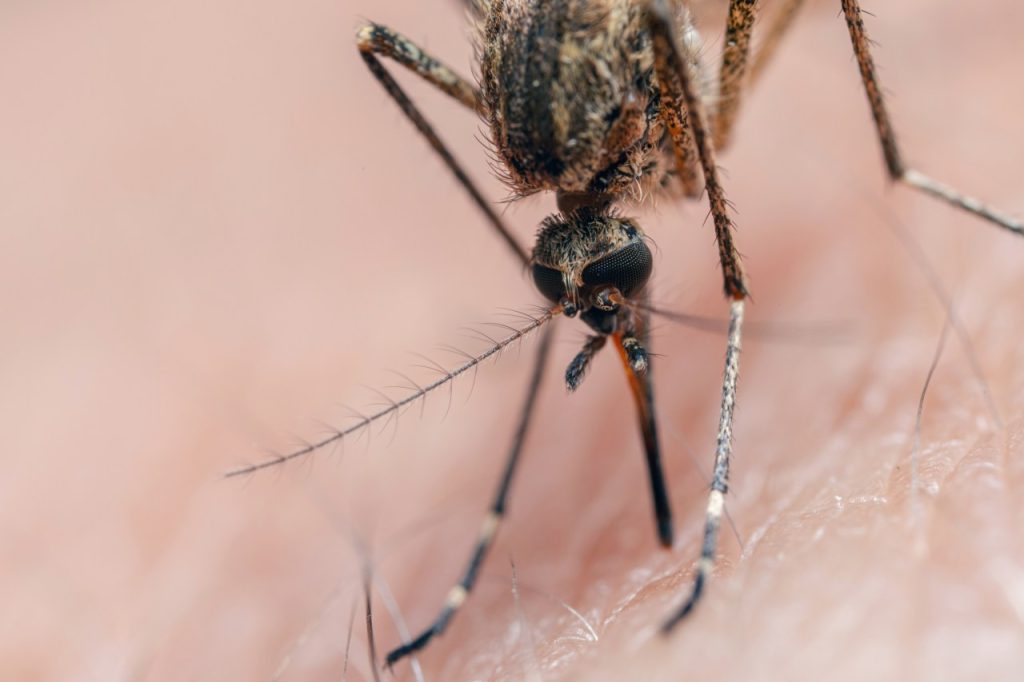Topeka (KSNT) – The Kansas Department of Health and Environment (KDHE) has issued an emergency alert for people living in certain areas of the state due to the threat of West Nile Virus (WNV).
KSNT 27 News reached out to KDHE on July 16 to learn more about the agency’s efforts to monitor the spread of WNV in 2024. KDHE has issued a warning about WNV. Along with other tick-borne diseases facing Kansans, KDHE believes WNV emerged early in the state and has been a major threat to humans, pets and animals. Domestic animals such as horses.
KDHE spokesperson Jill Bronaugh told 27News in a written statement that a “high risk alert” was in effect for northwest, north-central and south-central Kansas as of July 12. Two positive cases of WNV have been confirmed in the northeast and southwest parts of the state so far this year.
“We see cases of WNV every year in Kansas,” Bronaugh said, “The concerning trend this year is how quickly reports of WNV have come in. Typically cases don’t start being reported until late July or early August, but this year we’ve had two cases reported with onset in May. No new cases have been reported since then, but new cases are expected to be reported going forward through October. Historically, south-central Kansas has seen the most reported cases of WNV.”
Bronaugh said WNV is typically spread by mosquitoes that bite birds, but mosquitoes infected with WNV can also bite humans, although in the majority of cases, about 80 percent, the person shows no signs or symptoms of infection.
“Those at risk for severe disease include people over 60 years of age, those with certain medical conditions such as cancer, diabetes or kidney disease, and those who have had organ transplants,” Bronaugh says. “In addition, WNV in horses is preventable with annual vaccinations. Talk to your veterinarian about vaccinating your horse to protect it against WNV.”
KDHE has several recommendations for preventing bites from mosquitoes that carry WNV, including:
- When you’re outdoors, use repellents that contain DEET or EPA-certified insect repellents such as picaridin, oil of lemon eucalyptus, or IR3535. When used correctly, these repellents are safe and effective mosquito repellents, even for pregnant and breastfeeding women.
- When outside, cover exposed skin by wearing long sleeves and long pants, if possible.
- Avoid being outdoors at dusk and dawn, when mosquitoes are most active.
- Install screens on your windows and doors to prevent mosquitoes from entering your home.
- Remove standing water. These water sources can become breeding grounds for mosquitoes. Change the water in bird baths, pet bowls and toddler pools at least every three days, and consider using a larvicide in low-lying areas where the water cannot be removed.
Bronaugh said people who think they may have been exposed to WNV should talk to their health care provider, and if they notice symptoms in their horses or other animals, contact a veterinarian.
“WNV is not directly transmitted from horse-to-horse, horse-to-human or human-to-human,” Bronner said.
About one in five people infected with WNV will experience symptoms that last weeks to months after the initial infection, including fever, headache, body aches, joint pain, vomiting, diarrhea, rash, fatigue, and weakness. according to Another 1 in 150 people can develop a more serious infection that can cause inflammation of the brain, called encephalitis, or inflammation of the membranes surrounding the brain and spinal cord, called meningitis, according to the CDC.
More information about WNV in Kansas can be found on the KDHE website. click here.
Want more Kansas news? click hereTo stay up to date on the latest news from Northeast Kansas, Mobile App And our News email alertsTo sign up for the StormTrack weather app: click here.
Follow Matthew Self on Twitter: https://twitter.com/MatthewLeoSelf


